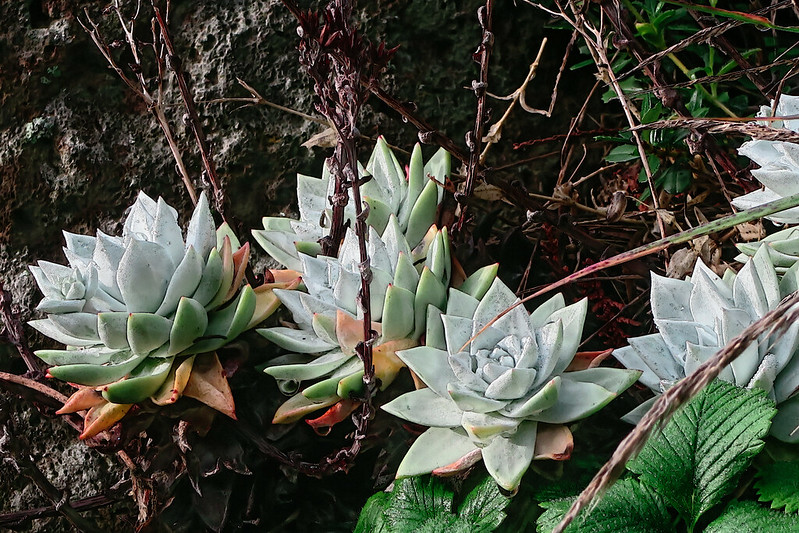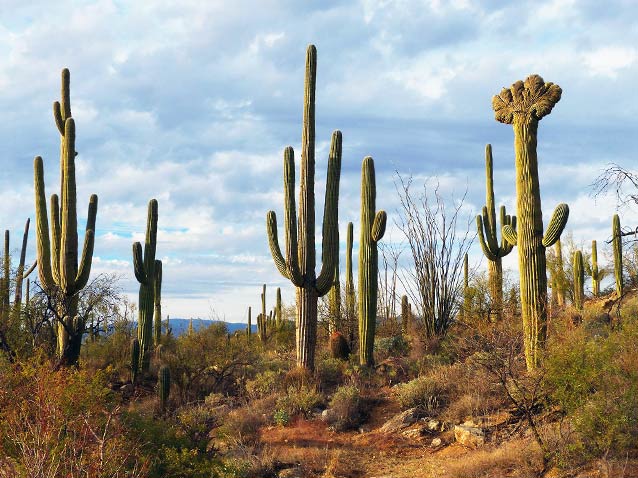 Recently, a man was sentenced to two years of prison after being caught robbing hundreds of thousands of dollars worth of "dudleyas."
Recently, a man was sentenced to two years of prison after being caught robbing hundreds of thousands of dollars worth of "dudleyas."
The dudleya is a unique, cactus-like succulent that has grown in value and popularity as a house and garden plant over the past few years. This pointy little succulent has been illegally harvested from its natural environment in California and sold for mass profits around the globe.
Investigators speculate that most dudleyas were being shipped first to South Korea and from there were exported into other countries, including China, the United Kingdom, and surprisingly back into the U.S. Its natural hardiness allows it to be transported easily, and since the lockdown began, the demand for house plants has skyrocketed.
The problem is that this black market may be right under our noses. The black market for plants often takes place on popular online websites such as Etsy, eBay, and Facebook groups.
Why Should We Care?
 Plant poaching affects an environment’s biodiversity. Cactus and succulents are important in the ecosystem. They act as pollinators, food sources, and habitats, all the while maintaining healthy soil and reducing erosion.
Plant poaching affects an environment’s biodiversity. Cactus and succulents are important in the ecosystem. They act as pollinators, food sources, and habitats, all the while maintaining healthy soil and reducing erosion.
Just the loss of a single species could impact an entire ecosystem. Birds, insects, and other plants that rely on a particular plant could struggle to survive without its presence in their habitat, and the general loss of a species can lead to disastrous consequences. Preventing plants from being pilfered from the wild is crucial in keeping the environment stable and healthy.
Illegal harvesting and trade don’t just affect the environment, but they also affect us financially. Every year, an estimated $2 trillion in economic damages is caused by plant poaching.
In the next five years, it is estimated that millions of dollars worth of dudleyas could be poached in California. Since dudleyas are native to limited regions, this small succulent could be endangered, or worse yet, go extinct. This is concerning as the plant plays a very important role in the Californian landscape by stabilizing the bluffs where they grow and their ability to tolerate droughts.
Laws To Protect Plants
 In general, after plants have been mass poached and become endangered, protective laws have been enacted. For example, a U.S law passed in September 2021 to protect dudleyas is one of three regulations passed to guard specific species against plant poaching.
In general, after plants have been mass poached and become endangered, protective laws have been enacted. For example, a U.S law passed in September 2021 to protect dudleyas is one of three regulations passed to guard specific species against plant poaching.
The other two now-protected plants are the saguaro cactus and the Venus flytrap, which were similarly poached and sold. Although officials aren’t certain to what extent these laws are effective, they will likely discourage collectors looking to illegally export these crucial plants, especially with a possible six-month prison sentence and up to a $500,000 fine!
Additional laws may be passed in the future to protect more plants, and existing laws may be further reinforced.
If you’re thinking about buying a houseplant, buy from a reputable company or source. It’s unlikely to have been illegally taken from the wild. Consumers should check for telltale signs on the plant such as insect bites, bleaching, or deformities that could point to it having been taken from the wild instead of being grown in a greenhouse.
Sources: Guardian, Vox, CalMatters.org







